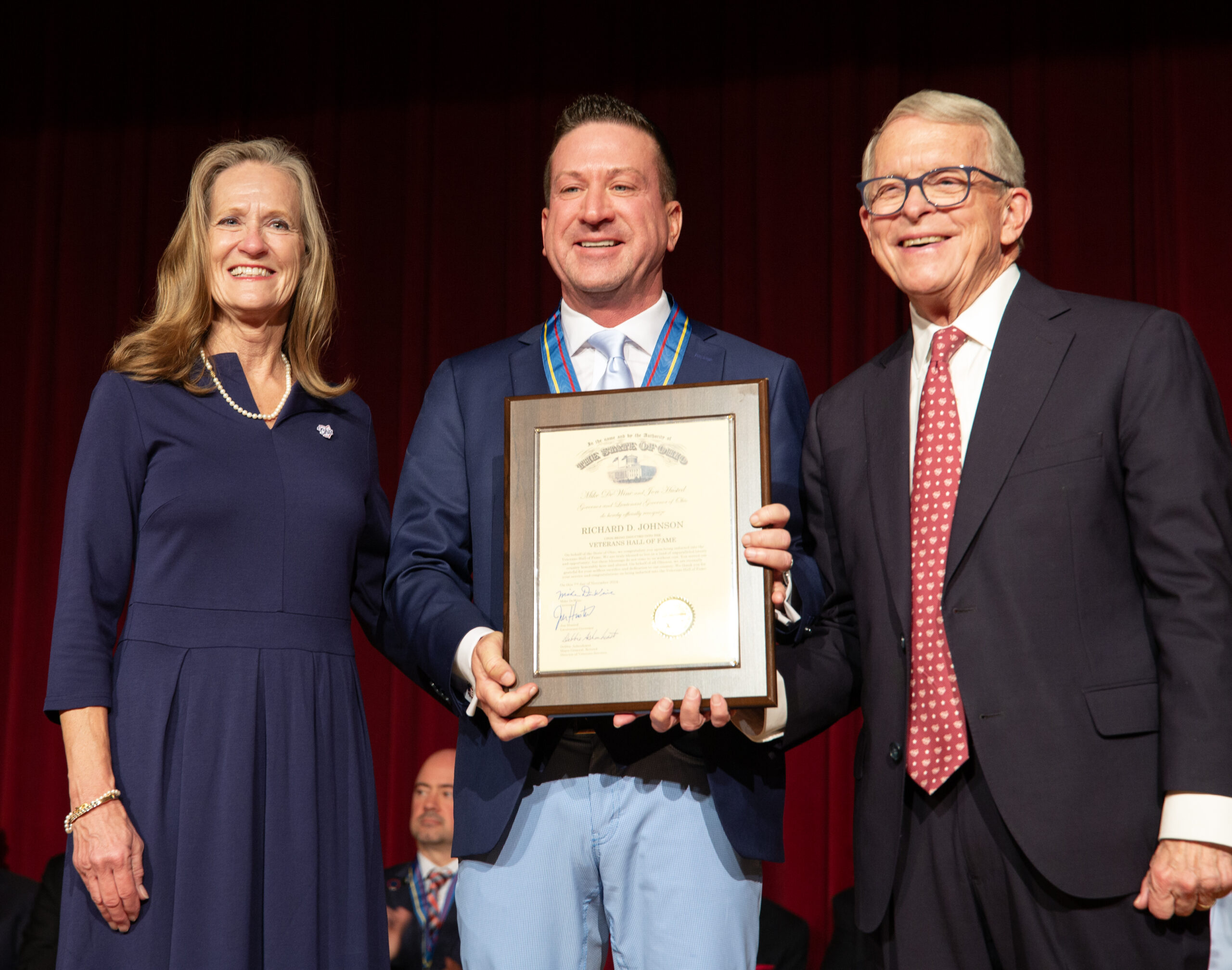September is Healthy Aging Month, a month ViaQuest focuses on ensuring seniors have the support they need to live as fully as possible. The national dialogue around Healthy Aging Month focuses on encouraging seniors to take charge of their well-being by aging with a healthy body (physical health) and a healthy mind (mental health).
Taking charge of our well-being also includes focusing on ways to improve quality of life for seniors living with chronic or serious illness. Living with a serious illness can feel life-altering, overwhelming and sometimes hopeless. But taking positive steps to cope with the stress and life changes of illness can help improve quality of life and feel empowered.
Here are five tips on how to live better with illness:
Understand your Condition
They say knowledge is power. Understanding your illness allows you to prepare for managing symptoms and lifestyle changes. It also allows you to work toward acceptance of a new reality by redefining your goals. Gaining knowledge will help you feel more in control vs. overwhelmed by your disease.
- Talk to your doctor. Ask for resources for additional information that they find reliable and helpful.
- Research national organizations. Most chronic or serious illnesses have national organizations dedicated to improving quality of life. They can be a resource for education, insights, connection to others and support.
- Consider joining a support group. Support groups offer connection with others going through similar medical problems. It can be a supportive place to gain tips on how to cope and insights from shared experiences.
Practice Gratitude
Practicing gratitude may sound like impossible advice. It’s difficult to consider anything positive connected to a serious illness. But it can be done. Often people with a life-limiting illness refocus on what really matters. They shift perspectives to live with renewed purpose centered on the most important things in their lives. To remain connected to what’s important try practicing a “three things of gratitude” daily mantra. One easy way to do this is to end or begin each day with saying out loud three things that make you grateful. Researchers have found that focusing on gratitude greatly improves mental health and empowers us to deal better with life’s struggles. Reminding yourself what’s still worthwhile and positive in your life can help you remain emotionally strong.
Remain Connected
Illness can make you feel isolated and less connected to family and friends. After all, they’re not going through what you are. How can they possibly understand? You may worry that your relationships will change. The negative voices in your head can get really loud: they will treat you differently; you will become a burden; they want you to remain positive; you can’t share your real emotions. Don’t let yourself retreat into a shell. Relationships are vital to quality of life. Staying connected to others and participating in social events will booster your mental health. Time with true friends and close family can boost happiness and reduce stress. Friends relieve stress, provide comfort and joy, and prevent loneliness and isolation. Especially during those times when we need them the most support.
Pursue Joy and Purpose
Illness can rob our sense of identity and purpose. Life becomes the disease. But it doesn’t have to. Life can still bring you joy and purpose. Life can triumph over illness. Pursue activities that bring meaning, value and purpose to your life. These are the things that will shape and define your identity separate from your illness. If your medical condition has limited your ability to pursue some of the activities you previously enjoyed, pivot, and adjust your sails toward a new direction.
Travel virtually. You might have traveled the world and miss flying to far destinations the across ocean. Exploring the world can happen from your living room. Travel documentaries, movies, travel destination shows, and novels set in far away places can help you satisfy that wanderlust.
Do the “I wish I had”. There’s always that one interest we wished we had pursued. Maybe you played guitar in high school but gave it up. Or you’re an avid reader and always wanted to write a novel. Or the easel and paint brushes are still in the attic. Pursuing a renewed interest can help give you a new purpose and renewed joy.
Create something to pass down. What are you known for – cooking, jokes, stories, crafts? Write down your recipes, write a joke book, commemorate your stories, teach a loved one your crafts. Create something your family will treasure.
Support a cause. When you support a cause that is important to you, you not only help them continue their vital mission, you improve your emotional wellbeing and regain a sense of purpose. You can find great value in what you do for others.
Connect with nature. Studies have shown that spending time in nature is an antidote for stress: It can lower blood pressure and stress hormone levels, reduce nervous system arousal, enhance immune system function, increase self-esteem, reduce anxiety, and improve your mood. You don’t have to climb Yosemite’s El Capitan, it can be as simple as spending time in your yard, picnicking in a local park, walking your dog, gardening or going fishing.
Find Extra Support
There may come a time when you need more help than friends and family can provide. If you have a family caregiver like a spouse or adult child, you may want them to simply be your husband, wife, significant other or child again, not your caregiver. Help is available. Research community resources like Meals on Wheels, senior centers, Area Agency on Aging, Aging and Adult Services or Facebook Groups dedicated to your illness. ViaQuest Hospice can also provide an extra layer of support. Our care focuses on improving comfort, easing the stress and burden of illness and enhancing quality of life. ViaQuest offers real support: expert medical care from our nurses, CNAs and volunteers who share caregiving duties, chaplains who offer spiritual support
and social workers who align community resources. If you have questions about gaining extra support we can help determine care that best meets your needs. Reach out to us today for options and answers.




